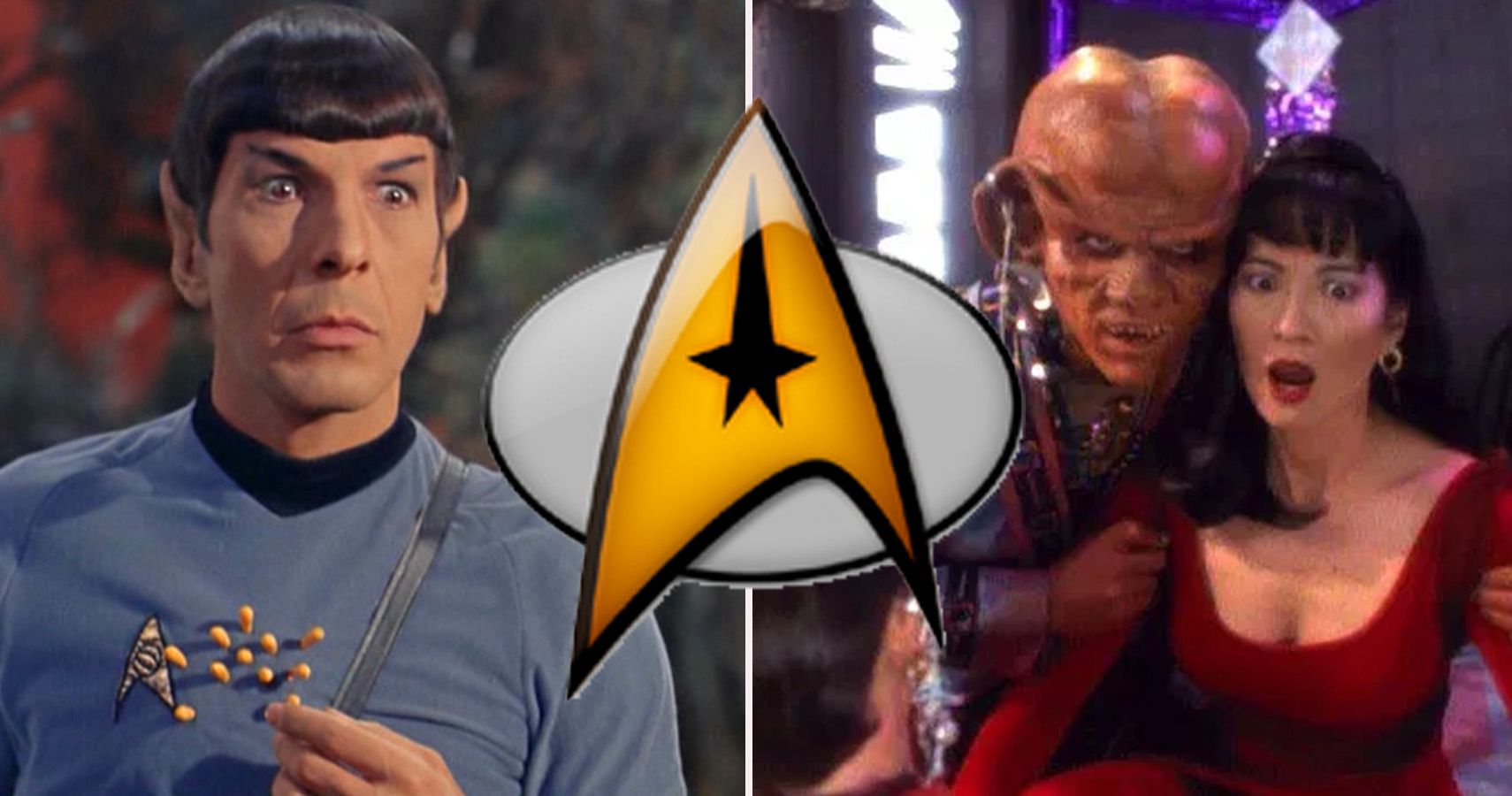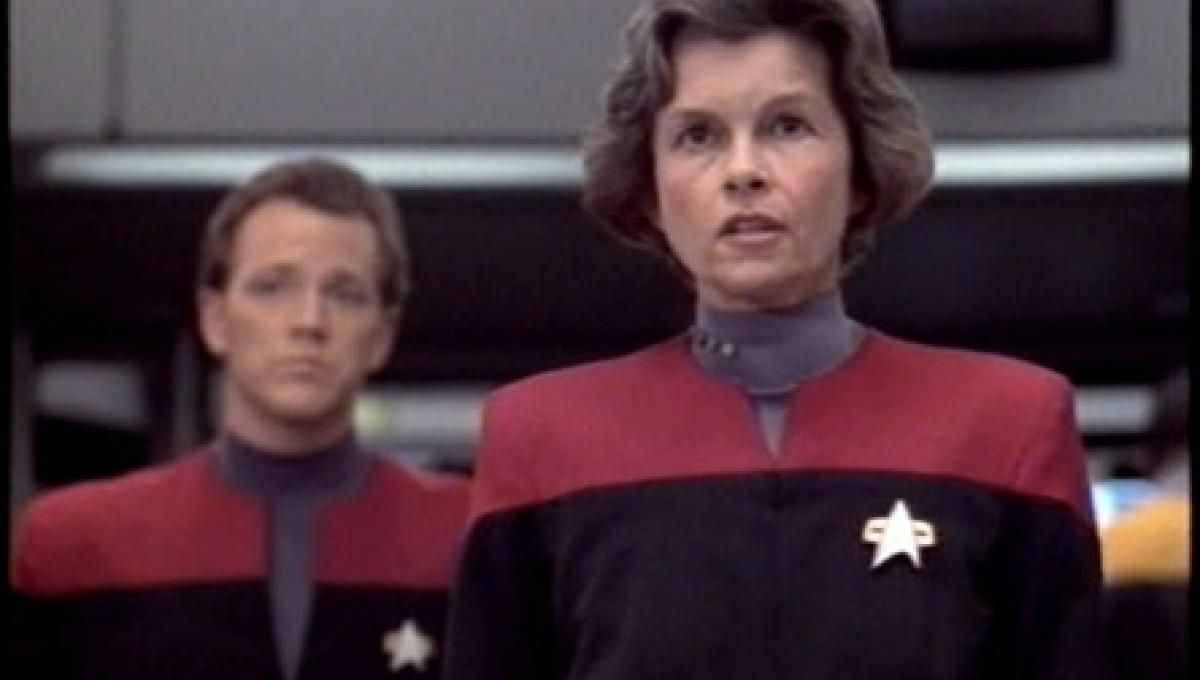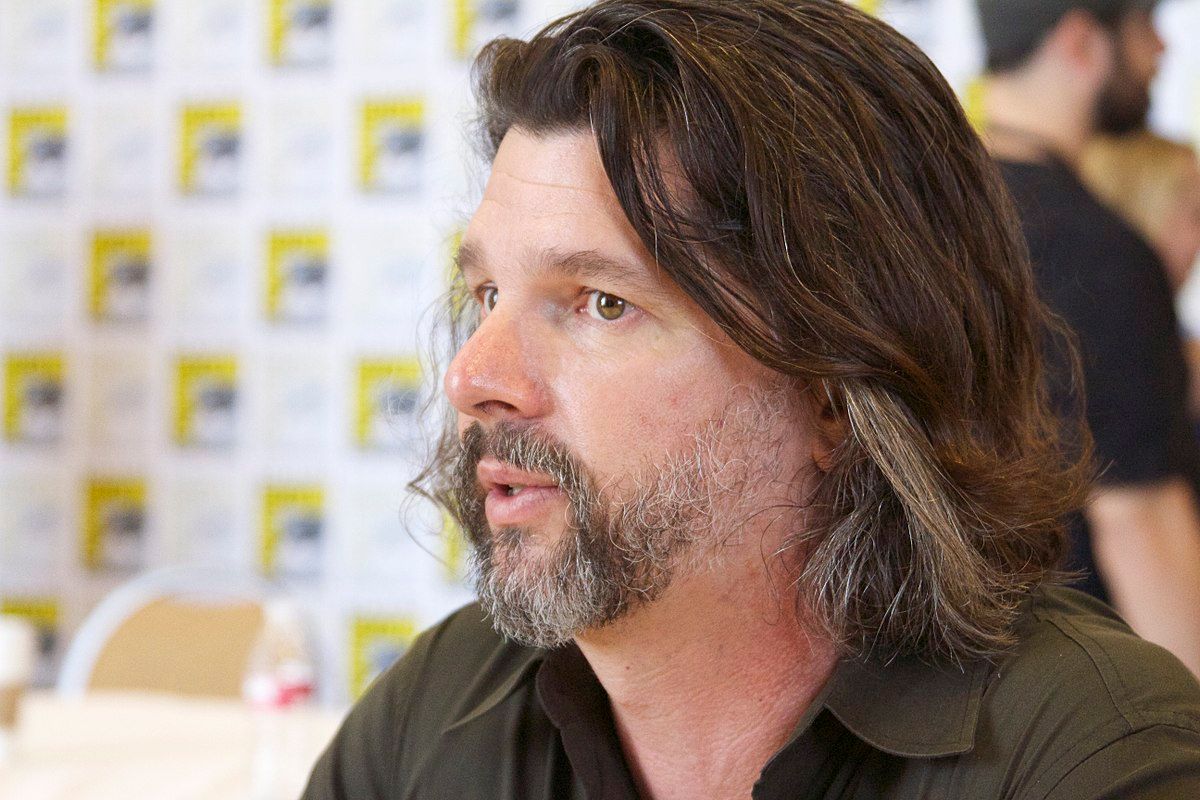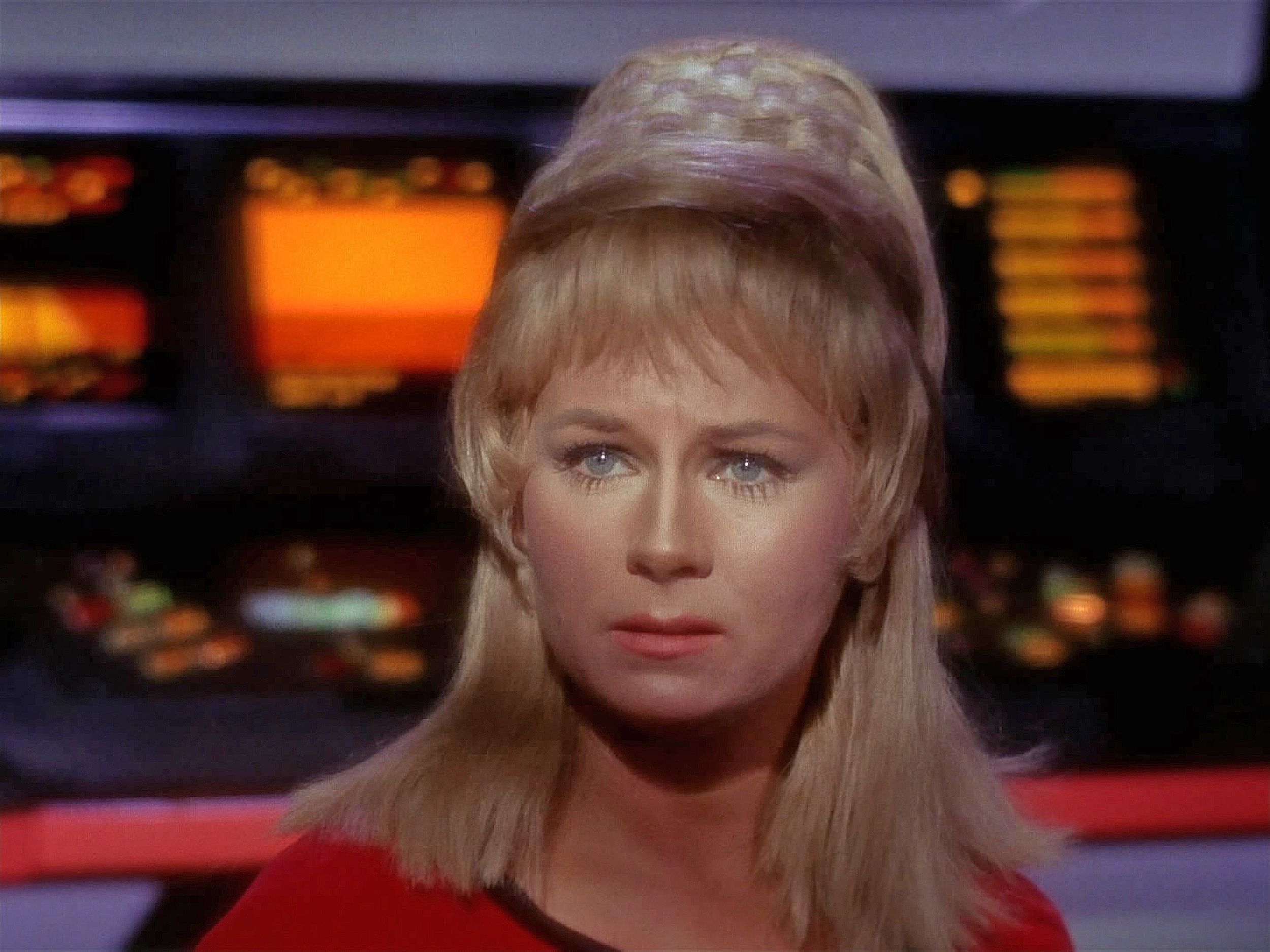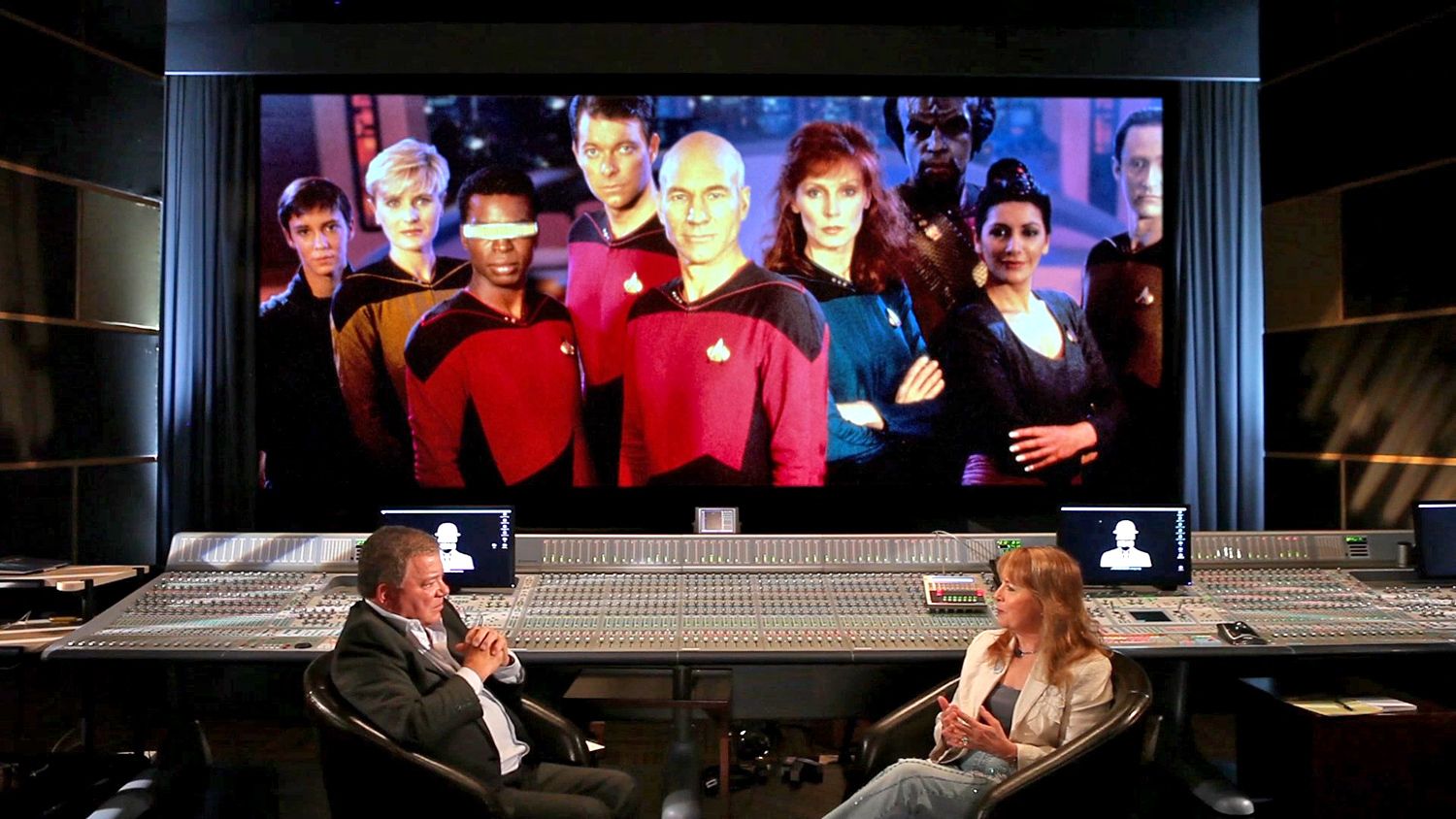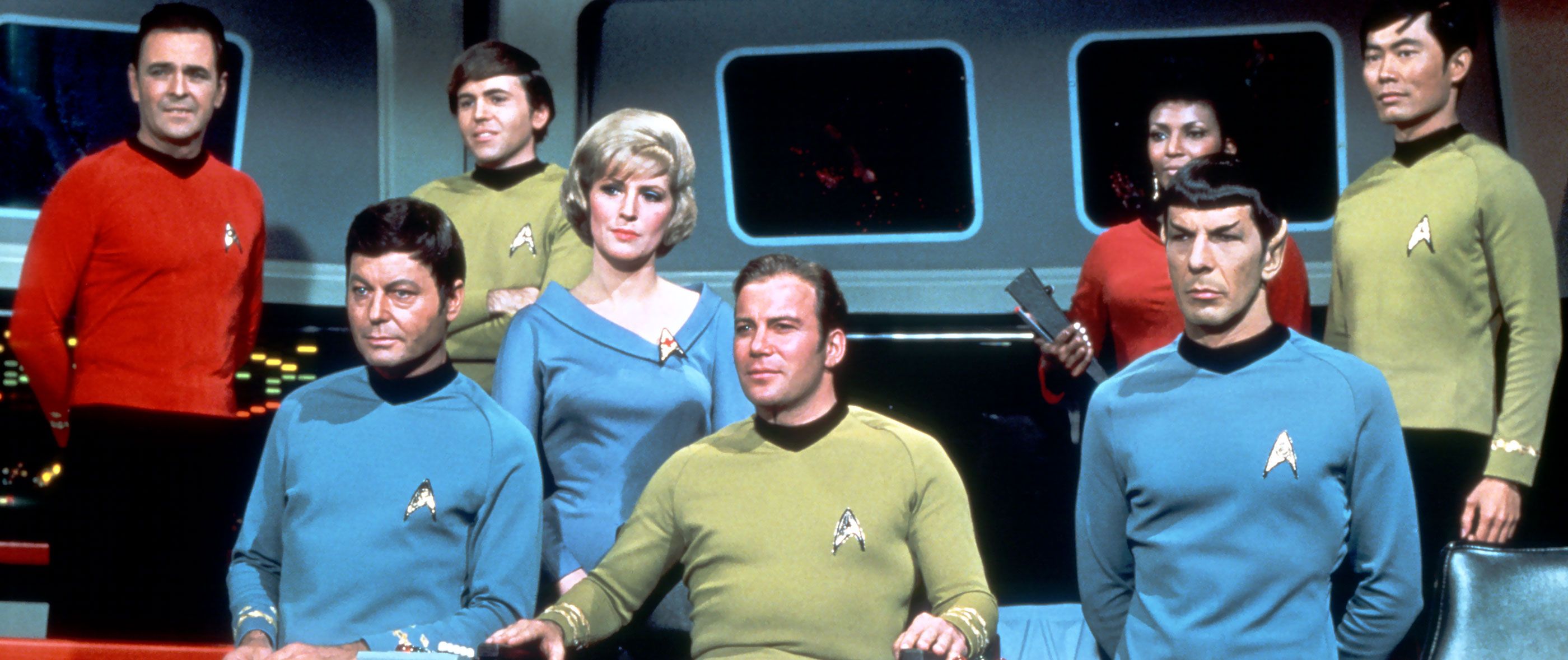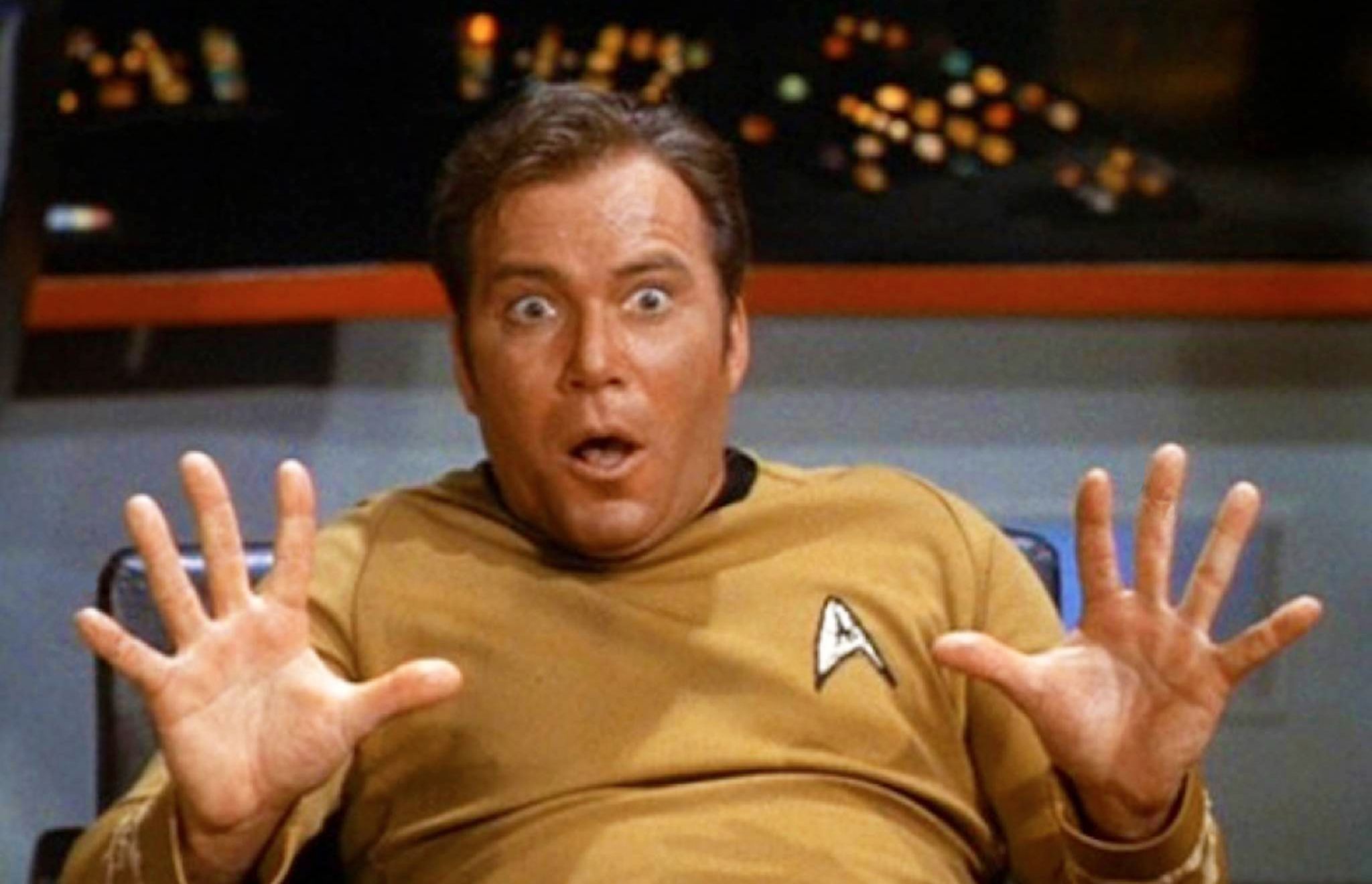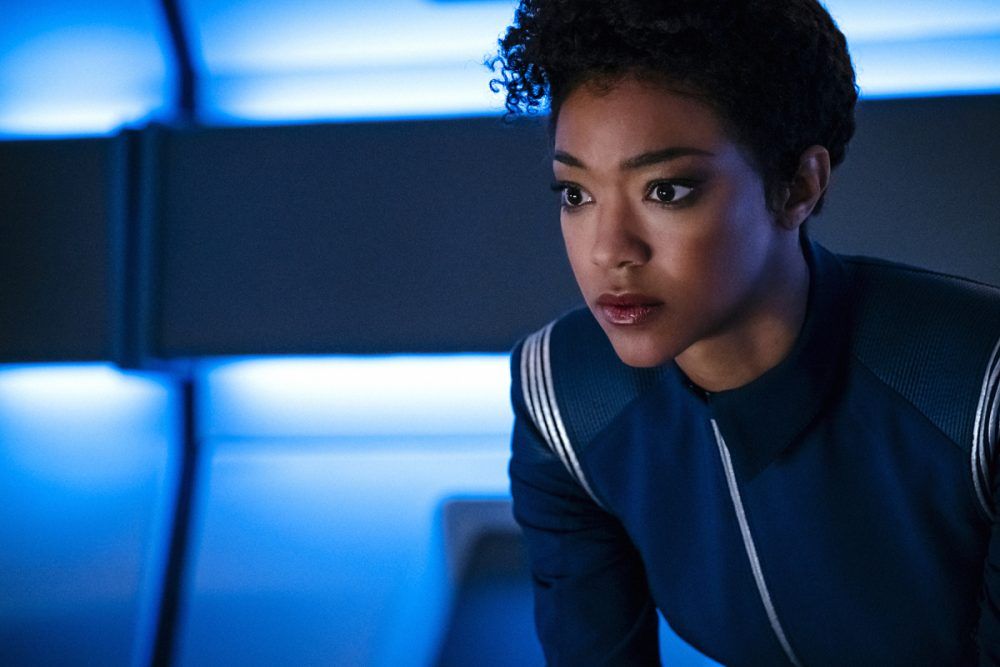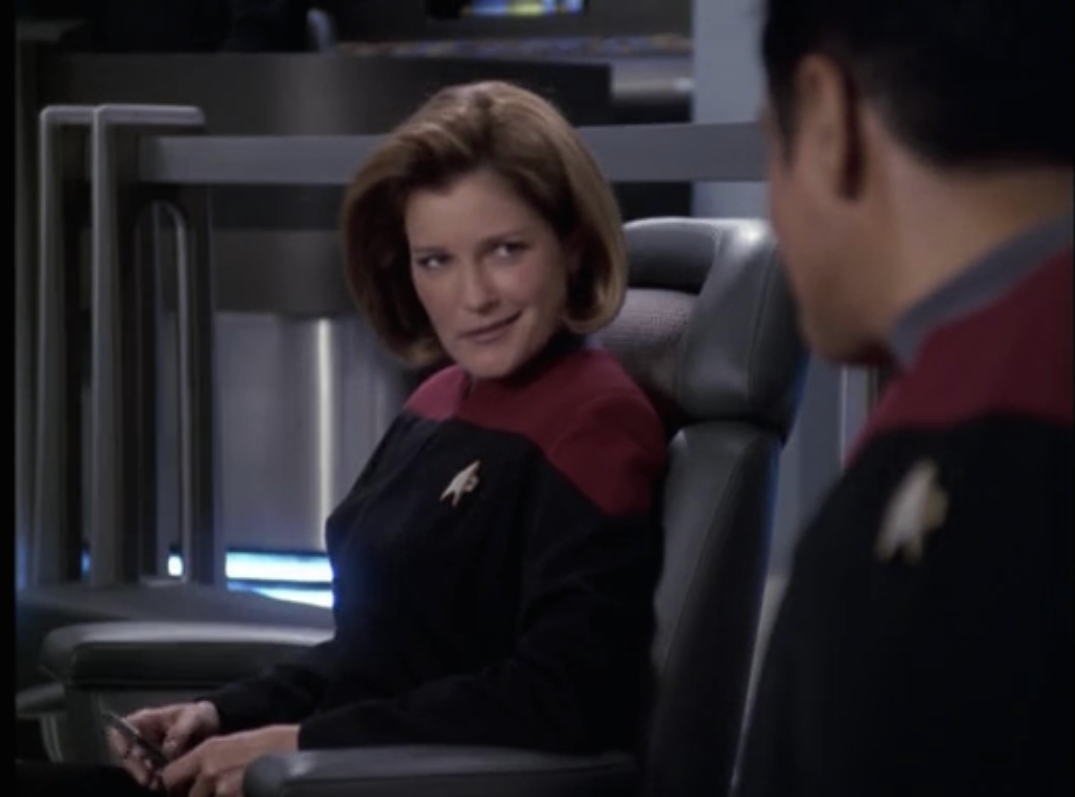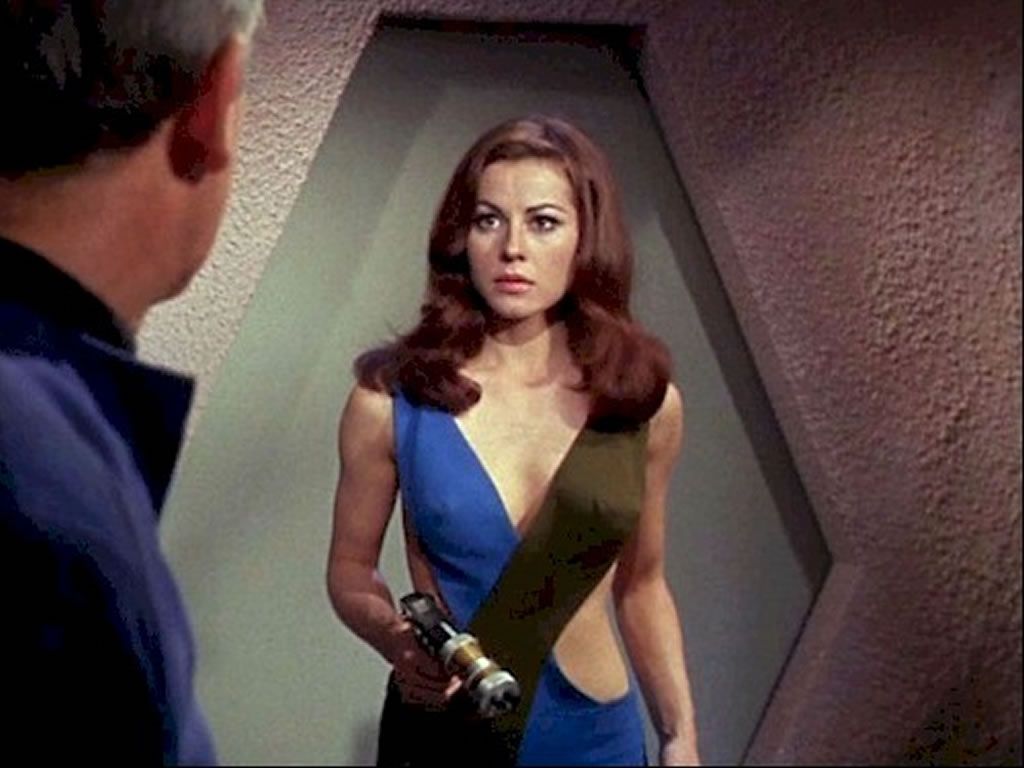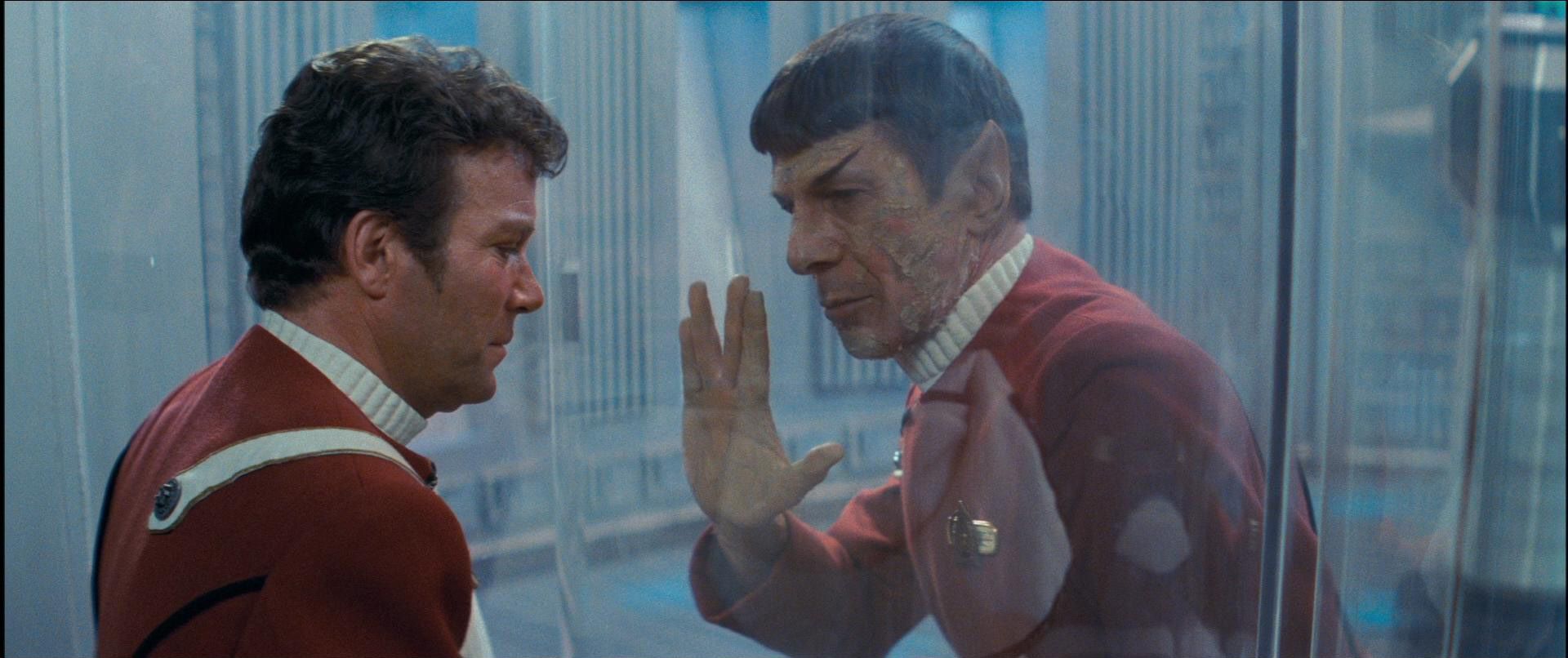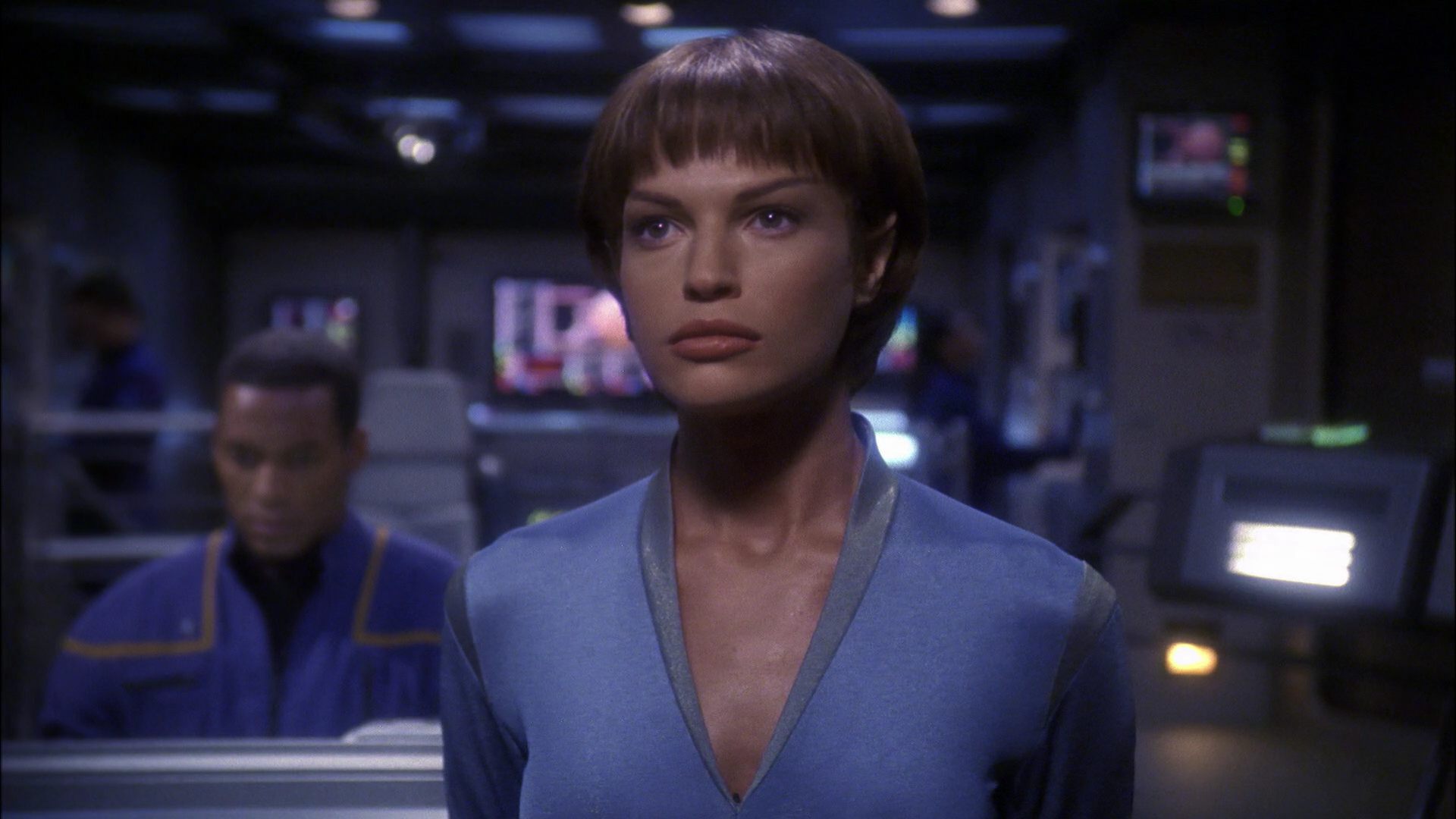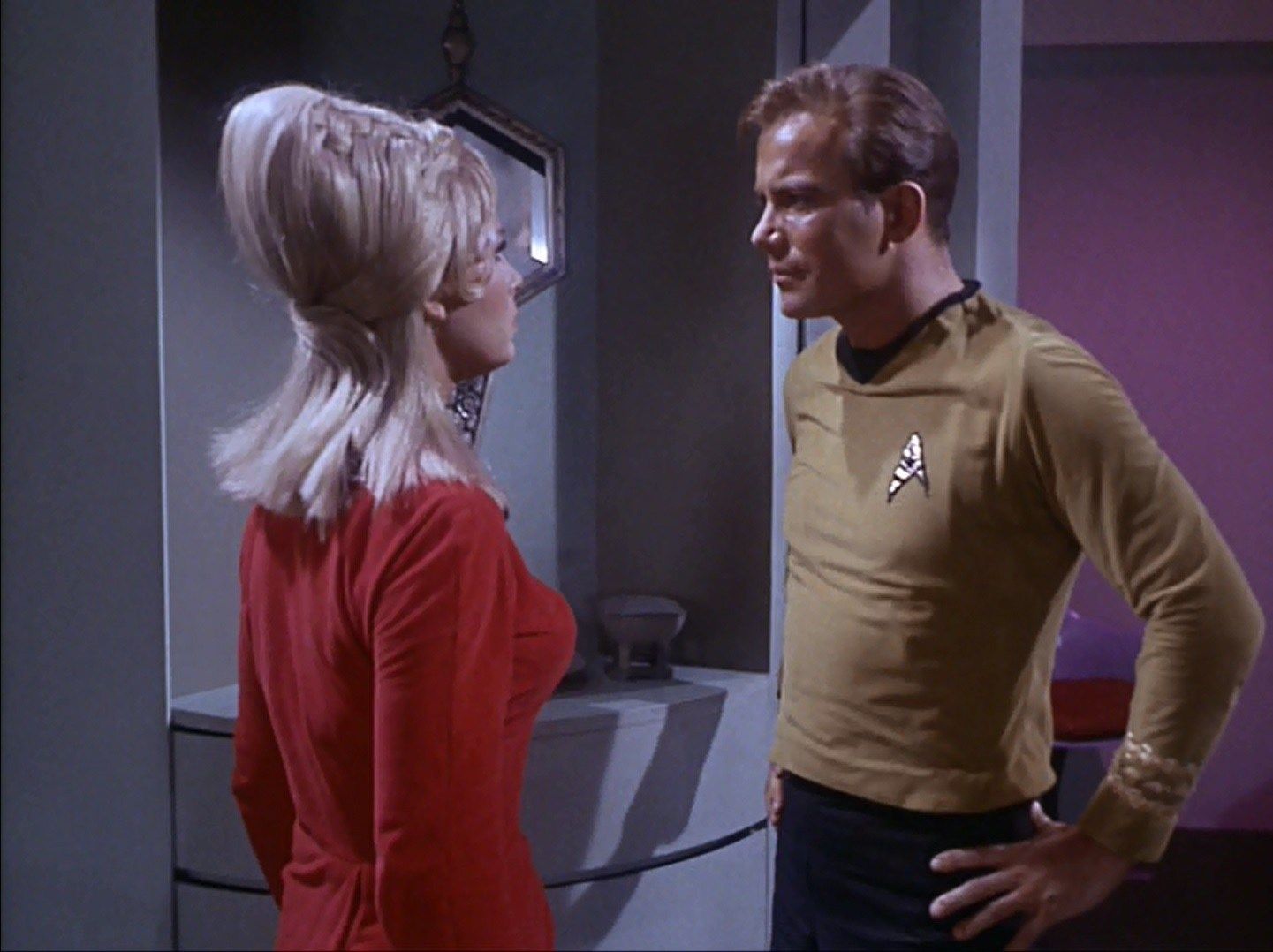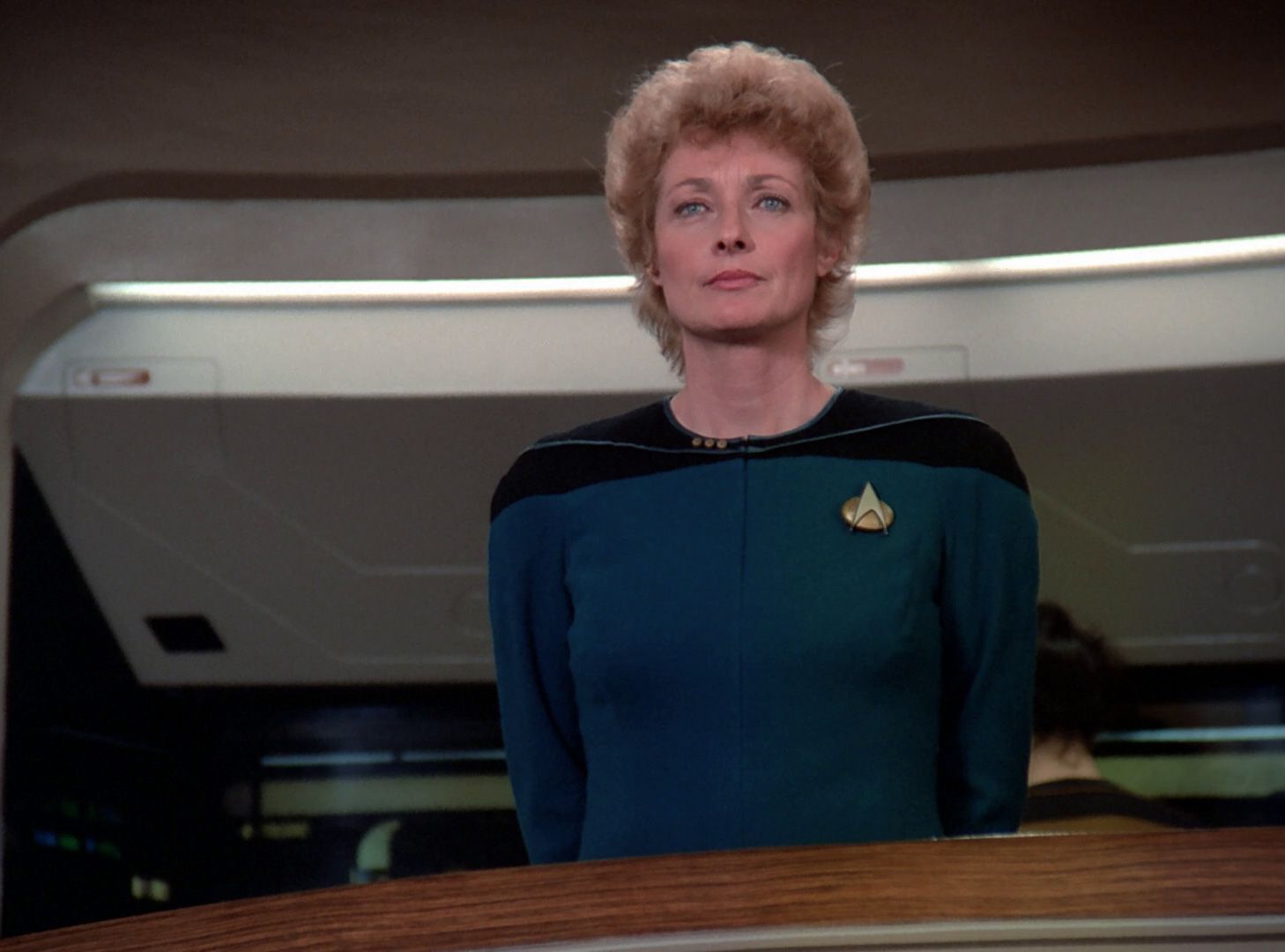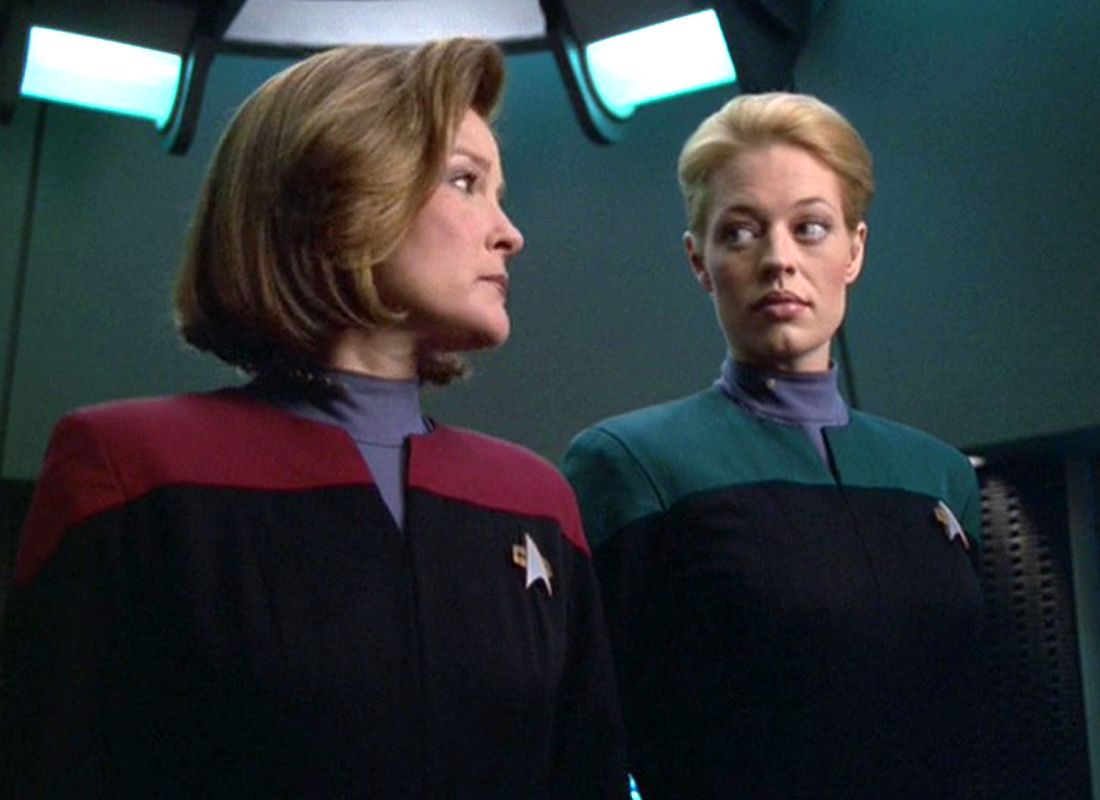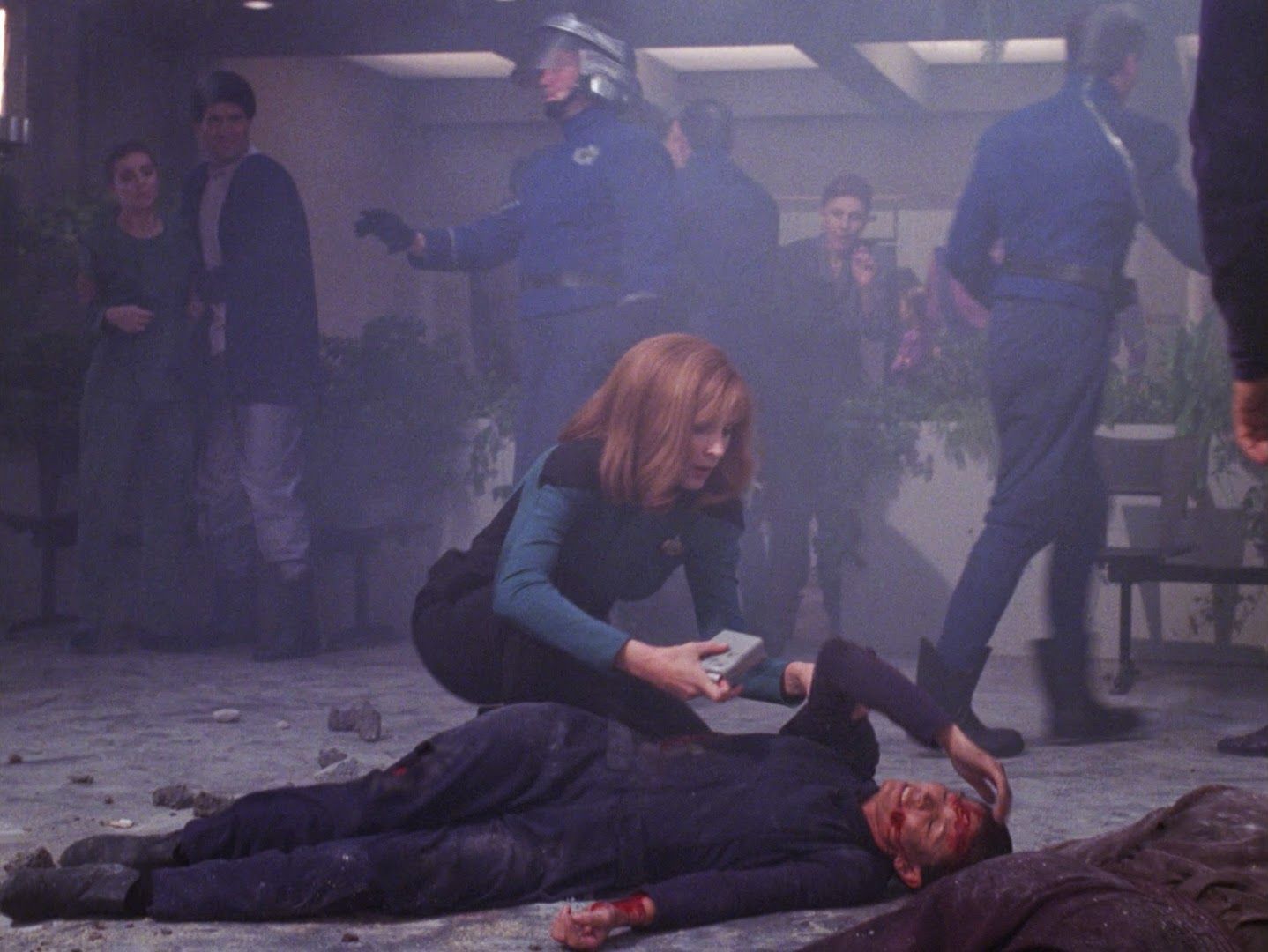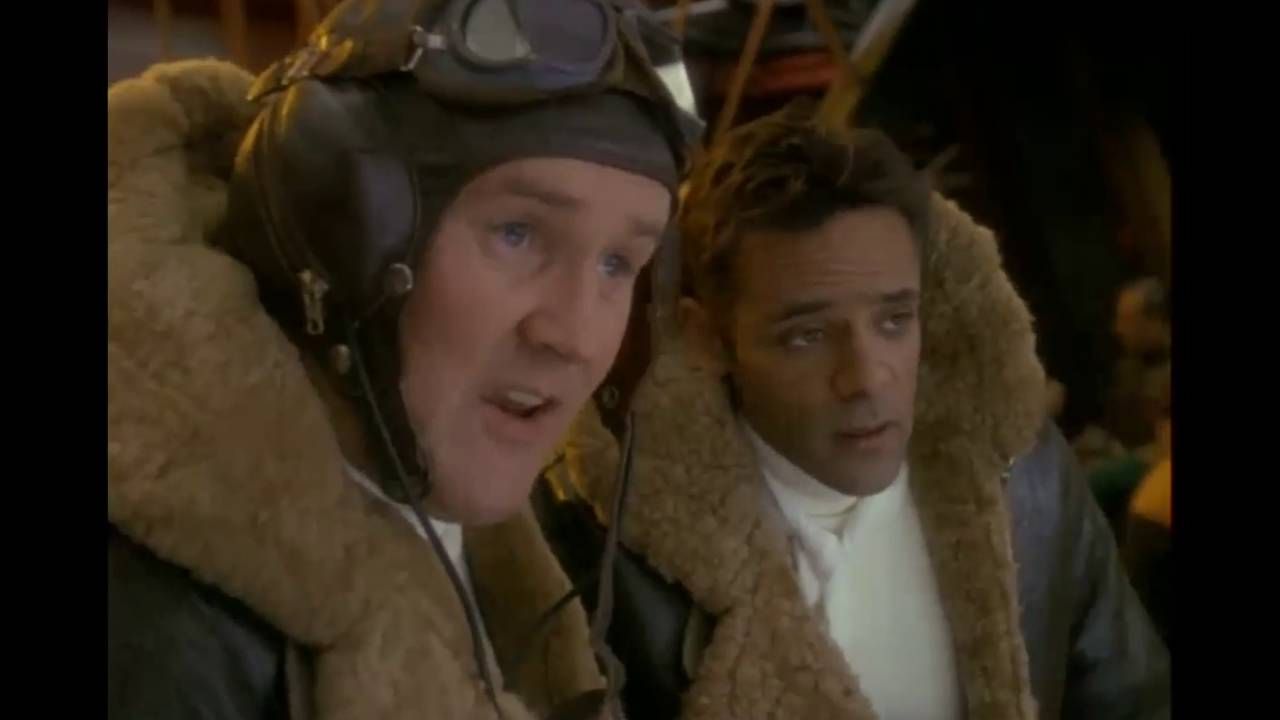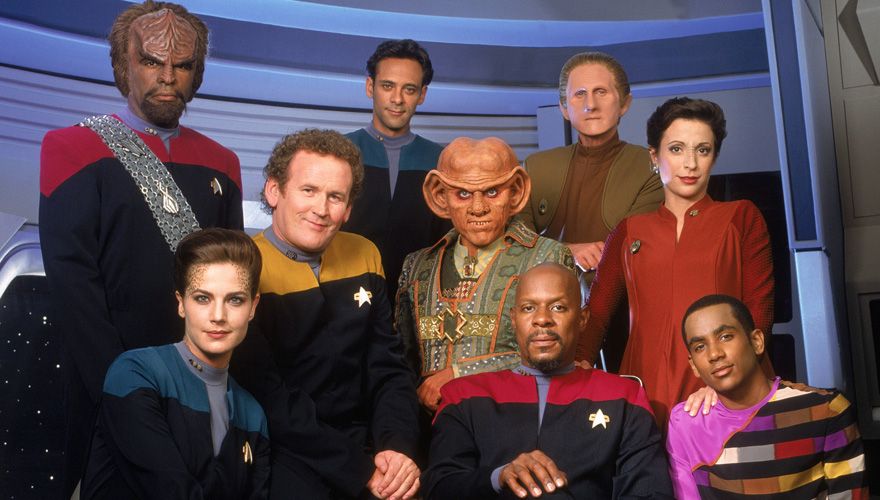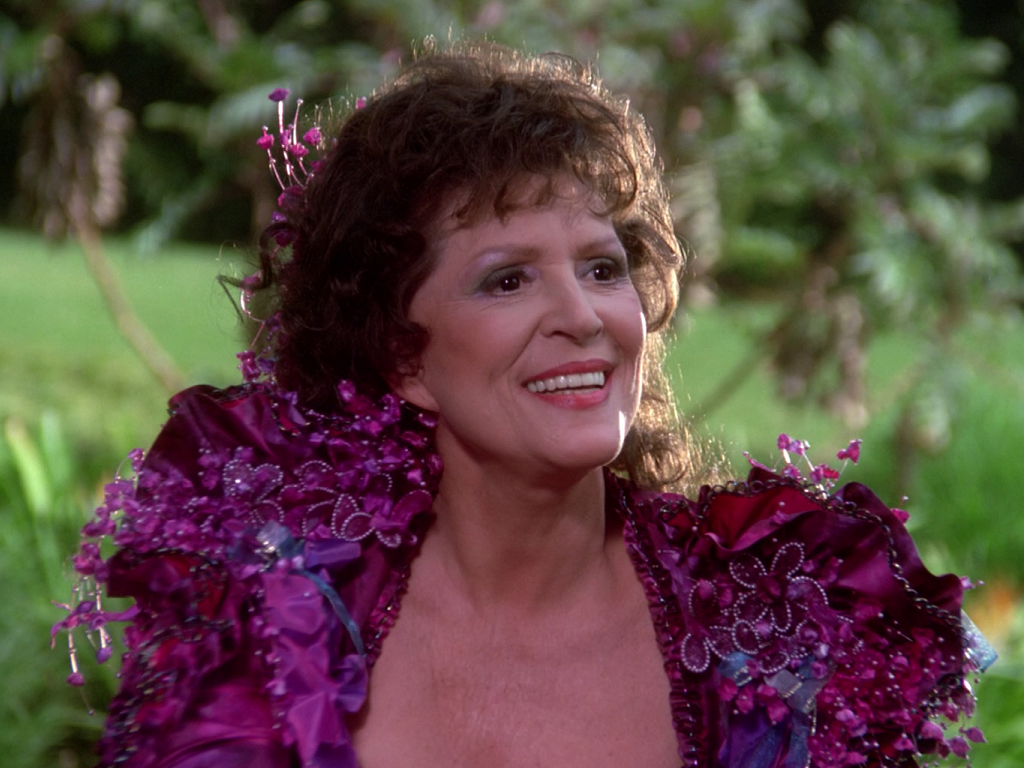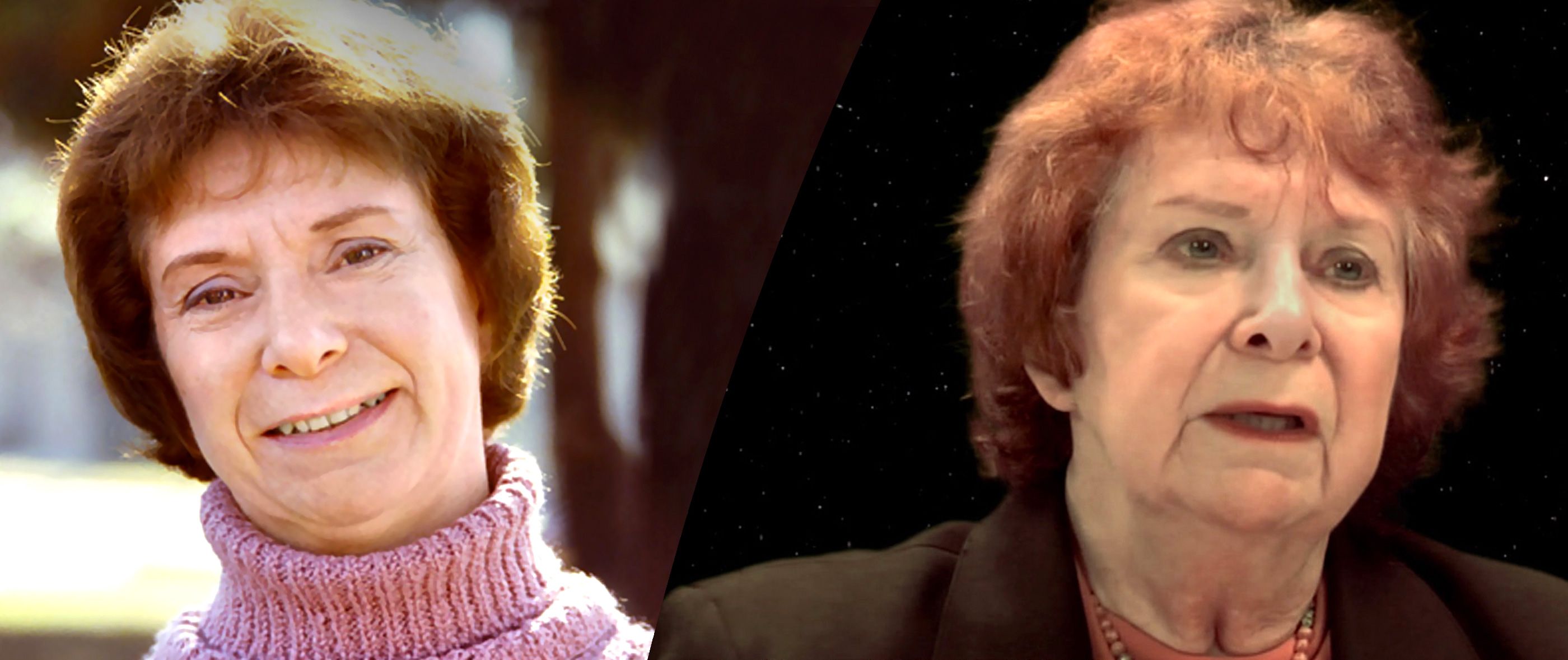In Star Trek, Gene Roddenberry asked audiences “to explore strange new worlds, to seek out new life and new civilizations, and to boldly go where no one has gone before.” This tenant is the backbone across all of Star Trek in all of its iterations. Regardless of how it has evolved over the years; it remains the reason fans continue to return to this classic sci-fi series.
Despite its widespread success, there are many dark secrets that cloud the productions of Star Trek and have done so since its inception. Between actors being at odds with one another to studio troubles, there is seemingly no end to the difficulties to get the varied series made. Fortunately, many still consider the Star Trek name one of quality due to the strong writing and interplay between the main cast. As of this writing, there are seven main Star Trek series (yes, we’re counting the Animated one) with the most recent being released this past Fall. Between those and the thirteen feature films released in the span of 51 years, there is a lot of ground to cover and backstories that have come out of the woodwork.
While the most popular stories in Star Trek deal with a variety of real-world topical issues, the stories that have garnered the most attention behind the camera involve many feuds between the central people who brought the shows to life. The following list is a representation of the most notorious stories while making this sci-fi masterpiece.
25 Not The First Janeway
It is hard to imagine anyone aside from Kate Mulgrew playing the iconic Captain Kathryn Janeway in Star Trek: Voyager. Curiously, she wasn’t the first pick for the producers. Instead, producers were keen on French-Canadian actress Genevieve Bujold to play Nicole Janeway. They even went so far as to go to camera with Genevieve. Unfortunately for her, she was unprepared for the rigors of episodic television and had major issues with memorizing large chunks of dialogue, as well as having her hair touched up and working with a director she was not personally familiar with. Genevieve’s career on Star Trek lasted exactly a day and a half before she was asked to leave the show by Executive Rick Berman. Once Kate Mulgrew was brought in to replace Genevieve, Kate suggested Nicole be renamed to Kathryn and the character has been a legend ever since.
24 A Lack Of Trust
After work wrapped on Deep Space Nine, Ronald D. Moore transferred to Voyager’s writing team. Unfortunately, his stay on the series lasted only two episodes because he was excluded from decision-making in the writer’s room. This is all thanks to Executive Producer Brannon Braga. Ronald D. Moore refers to this exclusion as a breakdown of trust between the two long-time collaborators and felt as though he was a freelancer as opposed to a key creative. Rather than be forced to continue working on a show with an unwelcome environment and disrespectful peers, the television creative decided to quit Voyager outright in favor of greener pastures. Because a spot in the Star Trek writers’ room was highly sought after, this was seen as a surprise to many at the time. Fortunately, success found Moore quickly with Roswell, Carnivale, Battlestar Galactica, and, more recently, Outlander.
23 Grace Lee Whitney's Abuse
Despite brief appearances scattered in Star Trek’s original series, Grace Lee Whitney’s Janice Rand was a beloved character in the show. Thus, it came as a shock to many fans when she made a sudden departure from the series. Of course, the show claimed that Janice had been transferred to another ship, but there was much more to the story than previously believed. Not only was Grace struggling with addiction at the time, but she was also assaulted by a major studio executive, which was obviously reason enough to leave the show. This was not made public until the release of her memoir in 1998 though her assailant is still unnamed to this day. Even in the aftermath of this horrific event, the support of fans eventually brought Whitney back for several Star Trek films and even independent fan productions.
22 Chaos On The Bridge
Back in 2014. a documentary made by William Shatner detailing the creation of The Next Generation was released. In Choas on the Bridge, the curtain of secrecy regarding the fan-favorite series is pulled back and many truths were revealed. Much of the film depicts an ailing Roddenberry struggling to hold onto his creative vision for Star Trek moving forward. After having control taken away from him for the feature films, Gene brought in his lifelong attorney, Leonard Maizlish to ensure his demands for the series were met. Gene was gradually stripped of control from his series by the time TNG’s third season was in full swing. However, the first two-and-a-half years were a complete struggle to get off the ground between general unrest between all the writers, producers, and executives.
21 Those Illegal TOS Duds
Given the vast subject matter and exotic locales featured in Star Trek, one would think the show had a lot of money on its hands. That said, the original series was not given much funding at all. In fact, the transporter was invented due to the studio not wanting to film shuttle landings on planets. Even the original design for the Klingons was simplified due to budgetary restrictions. In fact, the uniforms the main cast wore were made illegally too. Producers of the show claimed that the budget was so little that the unionized costume makers weren’t affordable so the team had to resort to other means: overnight in sweatshops. Given the iconic nature of the uniforms now, one would have expected them to be designed by a master class…but no.
20 Ignorance Is Bliss
Would you be surprised to learn that William Shatner has never watched a single episode of Star Trek? After starring in seventy-nine episodes of the original series and seven feature films, Shatner has vehemently avoided watching himself. This is because he is extremely self-conscious of his own performances. Even when he directs something and has to watch dailies containing him, he thinks he sucks. This is a rule Shatner has been adamant about throughout his career, even avoiding his Emmy-winning performance as Denny Crane in Boston Legal. Many actors feel self-conscious about their performances, but Shatner outright denies himself the chance to see himself because it is difficult to watch. Likewise, he also has never taken the chance to collect merchandise for the original series because he didn't think it would hold much value. You can bet he’s kicking himself for that!
19 Her Name Is Michael Burnham?
While not receiving much love itself, Star Trek Discovery’s lead is the charismatic Michael Burnham. She is an officer who unintentionally initiates the Federation’s war with the Klingons pre-Original Series. Yes, you read that right. Michael is a woman. Now, this may not be a typically female name, but the writers wanted her to stand out as a charismatic leader and that begins with a strong and unique name. Of course, her name attribution is partly due to executive Aaron Harberts and showrunner Bryan Fuller who has a pedigree to building shows with a female protagonist who has a predominantly male name. For example, Pushing Daisies has a character who normally goes by Chuck. This was coupled with the fact that a couple of prominent women have also been named Michael including Chicago Sun-Times columnist Michael Sneed and bass player for The Bangles, Michael Steele.
18 Keeping Her Leaderly
After gaining the role of Janeway, Kate Mulgrew has a very strong idea of Janeway as a character and the way she would develop in the series. Specifically, Mulgrew was adamant on keeping Janeway as neutral as possible and refused the notion of having the character become an object to the ire of the show’s men. It was the right call and solidified Janeway as an iconic and decisive leader. Of course, this led to ensuring that Janeway’s look and status with the crew were maintained as constant professionalism. There would be no relationships with the crew for this Captain. After objecting to the wardrobe and makeup departments fussing over her hair and image in the first season, Mulgrew confronted them. This put an end to it and Mulgrew was able to completely explore Janeway as a character without the worry of image.
17 Spicy Scenes Hide Controversy
The original pilot for Star Trek, The Cage, was rejected in part based upon the fact that the content was seen as too inappropriate for television for the time. So, when it came down to trying again, the show’s producers decided to use revealing scenes of half-clothed dancers and other characters more when they wanted to push a controversial agenda with the story. The idea was: let’s use these steamy scenes to avert the censors eyes from the difficult themes in the show. For example, “A Private Little War” features a provocative kiss and a very deliberate allegory for the Vietnam war. Star Trek pioneered the weekly commentary on many current issues of the time and continued to do so as the show evolved. During the run of Enterprise in the early 2000s, the theme of overcoming mass terrorism was introduced in the wake of September 2001.
16 Begging For Mercy
A crisis that occurs in many actors who have played the same character for a long time, Leonard Nimoy decided before Wrath of Kahn that he was no longer interested in playing Spock. With many other opportunities opening up, he wanted to expand his horizons and distance himself from the role. When this happens, the obvious choice is to kill the character off. It was decided that Spock would die at the end of the second Star Trek film. Of course, after seeing the impact of Spock’s death on fans, he was brought back to life on the planet Genesis in the third film The Search for Spock. Of course, the film’s title spoils the major Spock revelation of the film. Leonard Nimoy eventually embraced his role as Spock, even going so far as to star in the J.J. Abrams films Star Trek and Star Trek: Into Darkness
15 Hating The Ending
As a long-time fan of Star Trek, Jolene Blalock joined the cast of Enterprise as science officer T’Pol with a great level of enthusiasm. The series is set approximately one generation behind the original series and serves as a prototype mission out into deep space. The show had a lot of promise and potential. Unfortunately, once she joined Enterprise, Blalock’s was less keen on the ways in which the writers interpreted this sacred part of the timeline. She quickly became a critic of the series’ lazy writing and uneven foundation for the future of Star Trek. She is perhaps most notorious for calling out the series finale, which is bookended by characters of The Next Generation, as “appalling”. This is understandable as the main cast of Enterprise were apparently diminished to guest roles in favor of tying the show into the more successful TNG.
14 No Laughing Matter
During the episode “The Enemy Within," a transporter malfunction splits Kirk into two versions of himself that run around the Enterprise: the first is the same old Kirk we know and the second is an evil version. That evil twin has too much to drink and then proceeds to find Yeoman Janice Rand. They end up alone, he reveals his feelings and then proceeds to assault and attempts to force himself on her. Fortunately, she manages to get away and even scratches the evil Kirk. After the arc of the episode is resolved and the evil Kirk is no more, Spock asks Rand, “The imposter had some interesting qualities, wouldn’t you say, Yeoman?." Implying that anyone who is assaulted would enjoy it in any capacity is the most backward and twisted thing that Star Trek has ever done. It is absolutely reprehensible on the part of the writers and the show.
13 Disappearance And Resurgence
Gates McFadden famously left Star Trek: The Next Generation for the show’s second season and returned for the third just as quickly and without an explanation in the story as she disappeared. The reason for this was because EP Maurice Hurley was harassing McFadden on set. After that, the cast went out of their way to get Hurley removed from the show. It didn’t help matters much that McFadden’s replacement, Diana Muldaur, was poorly received by the fans of the show. Because of this whole mess, Hurley was fired from the show and McFadden returned alongside the new Executive Producer, Michael Piller, a name now synonymous with this famed program. Fortunately, the beginning of the third season is when the show really took off and became the iconic follow up to the original it is today.
12 A Less-Than-Friendly Cast
When one thinks about Star Trek: Voyager, the main element that instantly comes to mind for many is the Borg. Specifically, this nightmarish race’s personification into the regular cast member Seven of Nine, played by Jeri Ryan. When she was brought on to replace Kes in Voyager’s fourth season, we knew that this marked a turning point in the series. While Mulgrew got to play the wholesome Captain, Ryan’s Seven of Nine was depicted as overly beautiful, a fact that Mulgrew was not fond of. She felt that the characters on Voyager needed to be taken seriously as characters, not just as mere eye candy. She ultimately felt that, due to her resistance to play ball, Ryan was cast to fill that niche. Ryan herself commented on feeling sick with anxiety every time they performed together.
11 British Censorship
Once upon a time, Star Trek: The Next Generation accidentally advocated in favor of terrorism. In “The High Ground”, an episode that deals with the fundamental and complex nature of terror, a group of known terrorists who want the federation to aid in their struggle for freedom captures Doctor Crusher. The episode is meant to be a commentary on the use of terrorism, but Data implies that it can be used to bring about a fundamentally good change some of the time. Drawing examples from history, Data mentions that Ireland was unified in 2024 after a massive terrorist attack. British TV banned the episode before its debut in 1990 and still won’t air the full episode in its entirety with any means of consistency. This is still a hot button issue and is among the more controversial episodes the series had.
10 Even More Tension
In Deep Space Nine, Irishman Colm Meaney played Chief O'Brien and Englishman Alexander Siddig played Julian Bashir. Together, they delighted audiences week to week with their complicated, but warm friendship, and over the course of seven years, we were treated to see its full growth. They shared a unique camaraderie that was unlike anything Star Trek had seen before. Unfortunately, the actors had a difficult time getting along off camera. According to on-set reports, the two actors clashed both politically and philosophically on a regular basis, making it tough for them to emulate their on-screen friendship in real-life. Fortunately, it is truly the testament of a professional actor to never let personal feelings trump performance and they are still looked upon fondly by fans of Deep Space Nine and Star Trek.
9 The Runt Of The Litter
Rick Berman oversaw the franchise following Gene Roddenberry and, although successfully keeping Star Trek on the air for 18 consecutive years in one form or another, some tough decisions were made along the way that did not go over well with the fans. Berman was a calculated franchise overseer and enjoyed primarily banking on success with few risks. When it came to Deep Space Nine, the show was constantly undermined. It didn’t help matters that this darker serialized take on Star Trek only existed in the concurrent shadow of The Next Generation and Voyager. Over the years, the budget was diminished in a huge way and the push for a film was outright denied. Berman didn’t even like the Dominion War arc, which many fans consider the highlight of the series.
8 Roddenberry's Affairs
Though brilliant as Roddenberry’s vision of the future was, he had a history of promiscuity that had been largely swept under the radar, but has, like everything eventually does, come to light. Roddenberry constantly cheated on his first wife, Eileen-Anita Rexroat, and would discuss openly with others of his exploits. The most prominent people he was seeing at the time was his future wife, Majel Barrett, and Nichelle Nichols, who called things off quickly once she found out. Roddenberry regularly stepped into the casting sessions for Star Trek, casting the women based on body-type and image over their acting prowess. Eventually, Roddenberry married Majel Barrett and she stayed at his side until he passed in the early nineties. Majel Barret was also given roles as Nurse Chapel and later in The Next Generation as the over-the-top and commanding (or demanding) Lwaxana Troi.
7 It's Only A Pen Name
Because networks typically didn’t hire female writers at the time of the original series, Dorothy Fontana was suggested to use her initials as a pen name to disguise her identity. Dorothy began work on Star Trek as a secretary, but quickly rose through the ranks and was promoted to staff writer for her ideas and essential creative input. Unfortunately, she had to fight for respect, not amongst the other writers, but with the studio executives. She ended up going under two names: D.C. Fontana and Michael Richards. Between these two pen names she gave herself, Dorothy is credited for the teleplay of 5 episodes, wrote 4 episodes, came up with the stories of 3 episodes, and served as script consultant on 31 episodes. She even went on to work on The Next Generation’s pilot, “Encounter at Farpoint”.
6 50 Percent Ownership
Many things can be said about Gene Roddenberry, but one thing that is an absolute certainty is that he is very cunning. Thanks to composer Alexander Courage, the theme song that opens and closes the Original Series is instantly recognizable. But, did you know it has full lyrics? Courage received massive royalties for the song every time Star Trek aired. Once Roddenberry caught wind of the profit, he wrote out lyrics for the theme and ended up being able to claim half the royalties (as co-composer) on it due to a prior agreement he had with Courage. As this agreement had been made before the first went to air, it was legally binding. Of course, Roddenberry never had the messy lyrics recorded, but the agreement still held.

